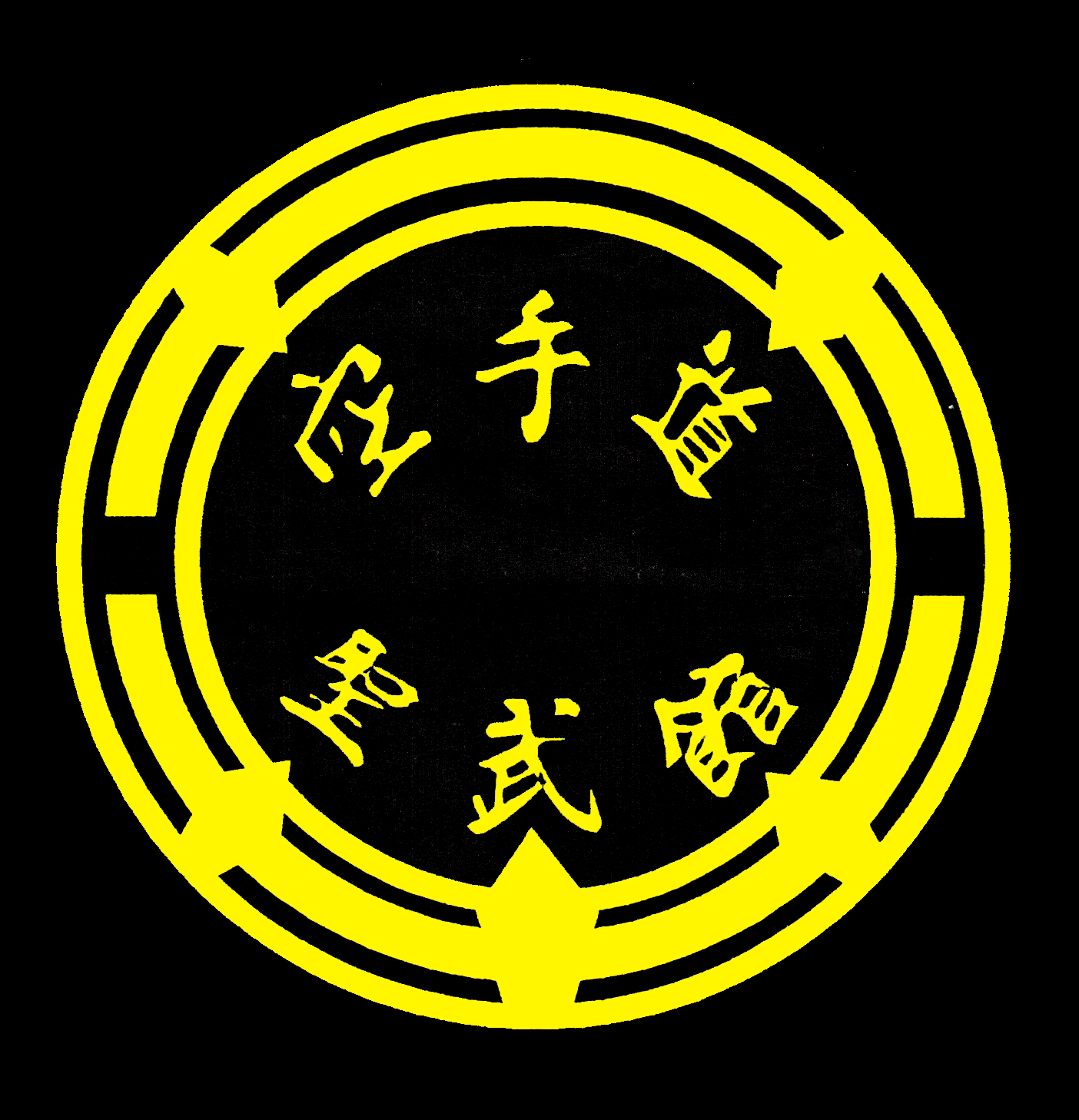Why we train to be mediocre

Chibana Chōsin 知花朝信 once said that mediocre karateka should go away and not waste his time. He was rightly dismissive of those who won’t push themselves in training. Yet seeming paradoxes are important to serious Asian thought, and, in that spirit, I propose it is exactly those who do push themselves hard who are mediocre.
People don’t like to think of themselves as mediocre. The pop psychology of the times has made self-esteem the Holy Grail, so that loving yourself is no longer regarded as narcissistic psychopathology, but instead the very emblem of mental and spiritual health. Those who love themselves don’t do so because they see themselves as mediocre; they do so because they’re sure they’re exceptional. And there’s the rub.
To be exceptional is to be better than average—much better. The success of the self-esteem creed means that almost everyone who isn’t crippled by self-hate is sure they’re superior. But to any thoughtful observer, something has gone wrong with the numbers when the vast majority of a population is well above the norm.
Consider a specific example: intelligence. Those with good self-esteem invariably think they’re intelligent. By “intelligent,” they mean something much more than merely sentient. They’re not comparing their acumen to the problem-solving ability of a parsnip. They think they’re intelligent because they are decidedly better than mediocre.
Their conviction means they can—and must—be remarkably flexible in their justifications. If they struggled at school, they’ll say their “street smarts” are more important than being “book smart.” If they did well enough at school to recognize that others did even better, they enthusiastically embrace the now debunked theory of multiple intelligences of Howard Gardner and others. If they’re not good at math, they’ll cheerfully tout their “emotional intelligence,” a claim that is conveniently difficult to test. All these are means by which those who need to insist they’re intelligent must lower the standards by which intelligence is measured or compared.
In our dojo do the opposite. We know we are mediocre and we openly admit it. Not because we don’t measure up against some posited average, and not just because we refuse to acclaim ourselves for our high level of “emotional karate.” Not because we hate ourselves. Not because we’re trying to make a show of humility, false or otherwise. We are mediocre for a simple and very material reason: we are comparing ourselves to the best in the world.
We do so for completely selfish reasons: we want to get better; we want to be more like the ideals we see and learn from. We don’t practice karate as a way to love ourselves, and especially we don’t practice to take pride in what we are already. We train to change what we are. This is the heritage of karate-dō as a serious combative system. From that perspective, believing in yourself without actually making yourself faster, stronger, more supple, more fluid, more skilled, and more aware will get you maimed or killed. If you’re in a life-and-death fight, social media platitudes about never comparing yourself to anyone else get exposed as terminally frivolous. You definitely need to be better than the other guy. If not, you’d better pray you’re a lot luckier.
The essential point is that recognizing yourself as mediocre is a different and better mode of believing in yourself. When we sweat and bleed to change ourselves, through intense, disciplined effort and the best instruction we can obtain, we do so in the conviction we can improve. We can learn. We can become better human beings.
In this way, belief in karate-dō maps onto the belief that we are not limited by what we are—because we believe in what we can be. This is why the way of karate is, most importantly, a way of teaching and learning.
It should be admitted that this internet culture, in urging us to love ourselves, is also aiming at change—a change in how we feel about ourselves. Karate-dō seeks to change who we are. It’s the difference between perception and substance. For us, it’s a simple and stark choice: you can set your standards so low that it’s easy to admire what you are or you can be a karateka who sets their standards so high that you never stop striving to be so much better than that.

